Happy World Ocean Day! Today is a day to stop and think about our ocean, how it helps us (so many ways!), and what we can do to make sure it stays healthy. This year’s theme is plastic pollution. Unfortunately, our ocean faces many threats, one of which is marine debris. Marine debris is a major issue that impacts our ocean and consequently, impacts us.
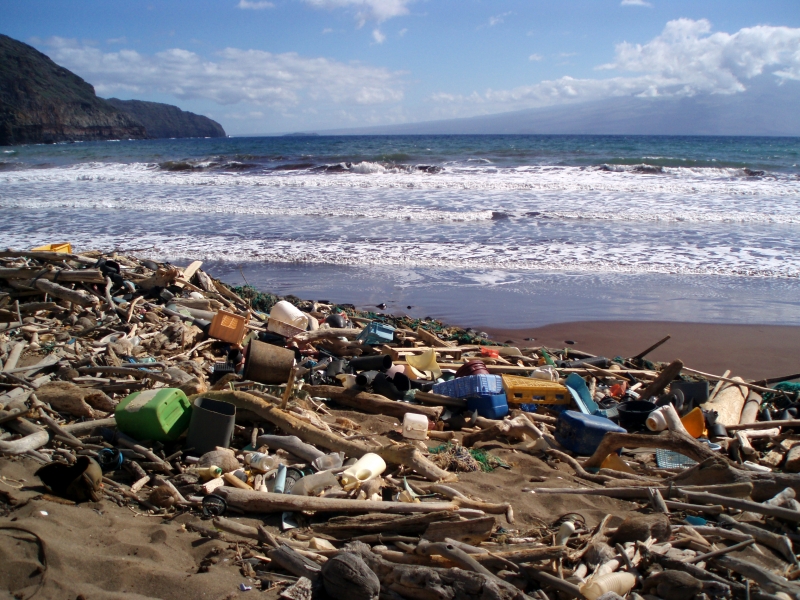
Marine debris is legally defined as “any persistent solid material that is manufactured or processed and directly or indirectly, intentionally or unintentionally, disposed of or abandoned into the marine environment or the Great Lakes,” but effectively includes any man-made, solid object that ends up in our ocean or Great Lakes. Once there, these debris items can harm wildlife through ingestion or entanglement, damage sensitive habitats, create hazards to navigation, and even impact the economy and human health.
Although marine debris can include any man-made and solid object, plastic items are the most prevalent type of debris. In fact, of the top ten most common items found during the 2016 International Coastal Cleanup, nine were plastic items. Cigarette butts and plastic beverage bottles took the top two spots.
Why is plastic debris so common? First, plastic is durable and is designed to last. This can be a really useful characteristic that can serve some really important purposes; for instance, plastic plays an important role in the medical field, keeping many people safe and healthy. However, plastic’s durability is also one of the characteristics that make plastic debris so damaging. Plastic items don’t biodegrade like many other items do and never truly go away. Instead, as they’re exposed to elements like the sun and saltwater, they break into smaller and smaller pieces. Once they’re less than five millimeters in size, we call them “microplastics.” Microplastics may include small plastic pieces resulting from larger items breaking apart, “microbeads” coming from personal care products, or even “microfibers” resulting from people washing synthetic clothing. Unfortunately, once they’re in our waters, microplastics are really difficult to remove.
Second, plastic debris is so common because our use of plastic items is so prevalent! If you look around you, chances are you’ll notice many, many plastic items ranging from your clothing or jewelry, to the glasses you’re reading with, to the pen you’re writing with, to the materials keeping your lunch fresh. We use plastic for so many things and unfortunately, many of these things are specifically designed to be used only once. Single-use plastics are a major issue, as they’re often used for an extremely brief amount of time before being discarded. And way too much of that discarded plastic is making its way into our ocean. A 2015 study by Jambeck et al. estimated that approximately eight million metric tons of plastic end up in our ocean every year. With the uneven distribution of use-time and degradation-time, on top of the rate at which this waste is entering the ocean, our plastic debris problem continues to grow and grow. The problem is pretty simple: we produce too much plastic waste.
So what can we do about all of this plastic debris? The ultimate solution to the problem lies with every single one of us—preventing marine debris in the first place. First, consider how you might personally contribute to marine debris and follow the “4Rs” whenever possible— Refuse unnecessary single-use items, like plastic straws or cutlery when possible; Reduce the amount of waste you produce by choosing products with less packaging; Reuse items when you can and choose reusable items over disposable ones; and Recycle as much as possible— bottles, cell phones, ink cartridges, and many other items can be recycled. Next, spread the word to others! Tell your family, friends, community, and more about this important issue and what they can do to help. Plastic has important uses, so stopping production isn’t realistic, but changing your habits so you’re not using unnecessary plastic is important and by encouraging others to follow suit, those types of items may soon fall out of style.
We can also address plastic debris by continuing to learn about this problem through marine debris research, equipping ourselves with the knowledge we need to better address it in the future. Lastly, we can work to remove debris where we’re able before it has the chance to pollute our ocean by participating in local cleanups.
This World Ocean Day, themed around plastic pollution awareness, think about the impact you’re leaving on our important marine resources. Are you leaving a positive impact? If not, make a change! It might feel inconsequential, but consider the difference we can make together! With more and more attention on this important topic, we can work together to spread the word and do what we can to keep our ocean plastic-free.
Happy World Ocean Day!
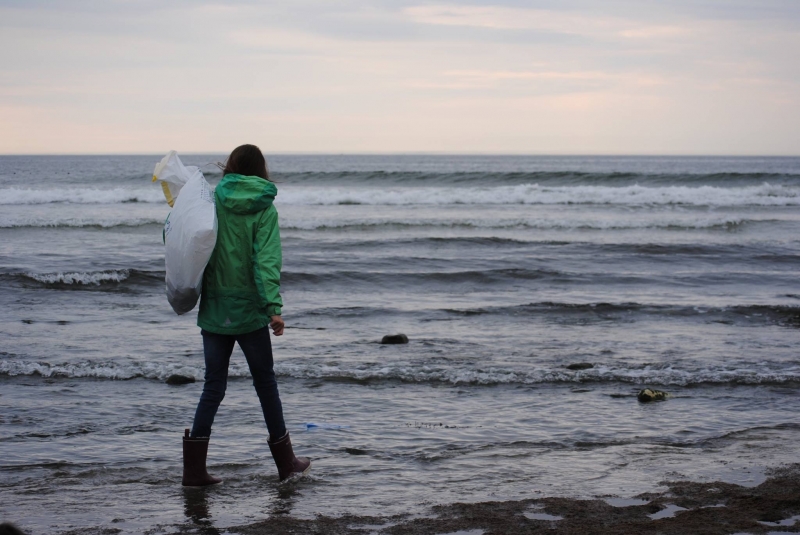

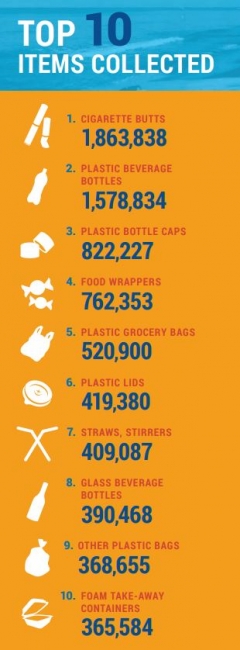
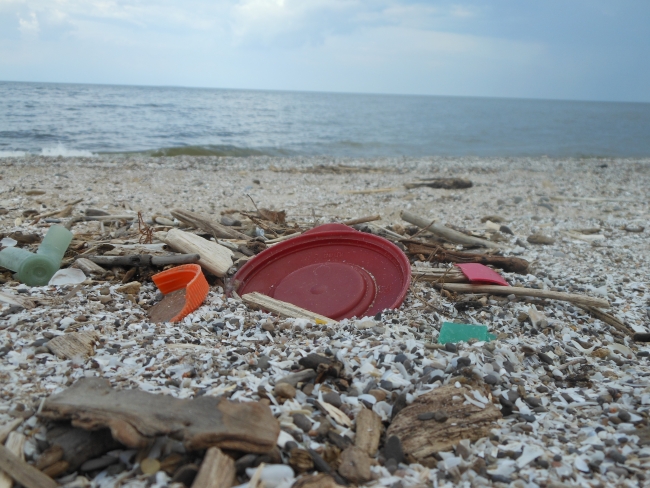
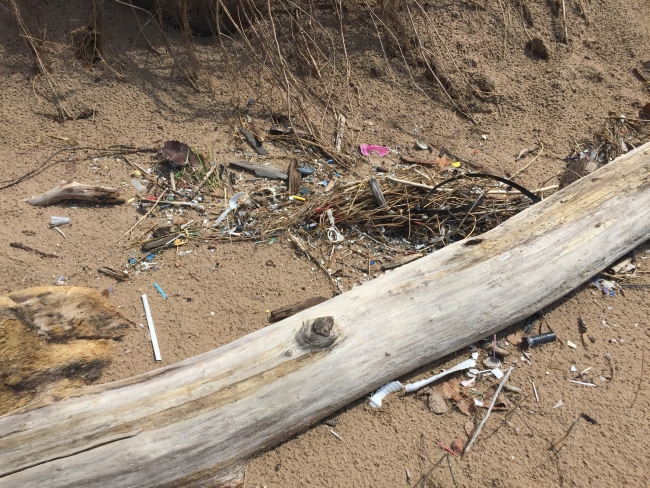
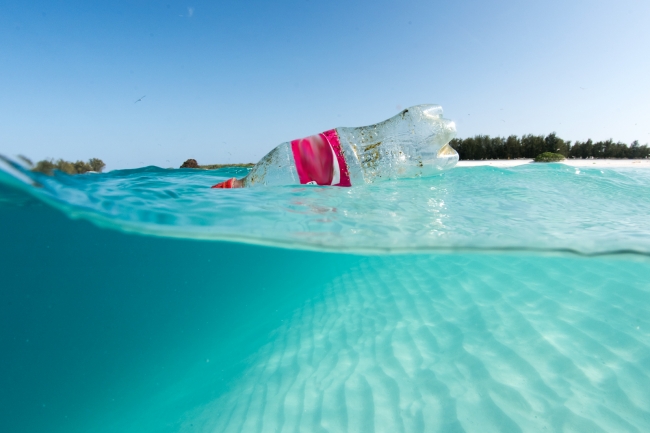
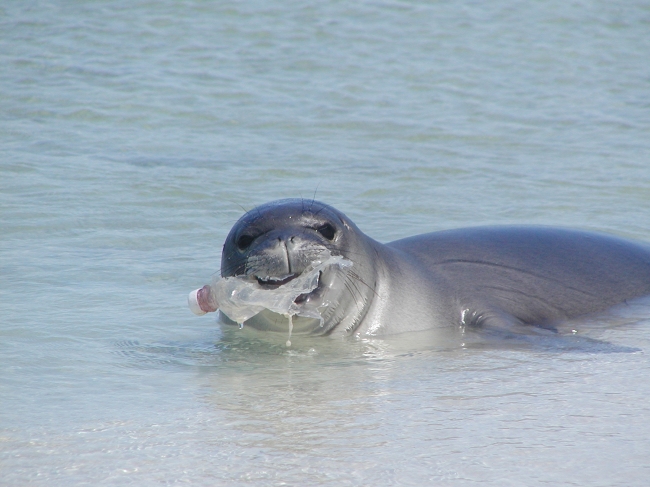
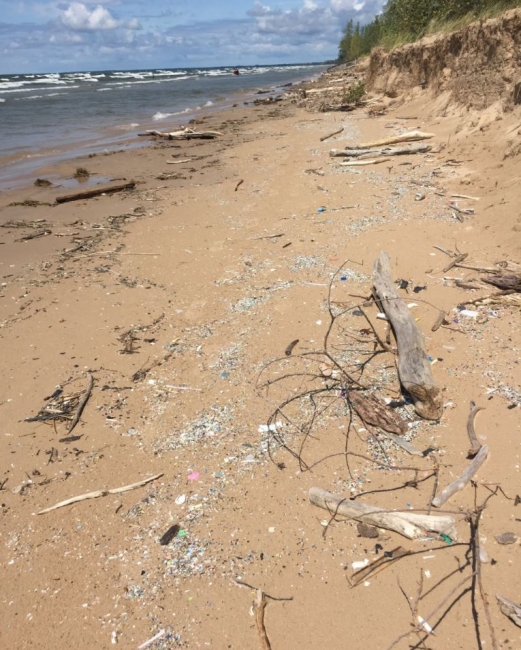
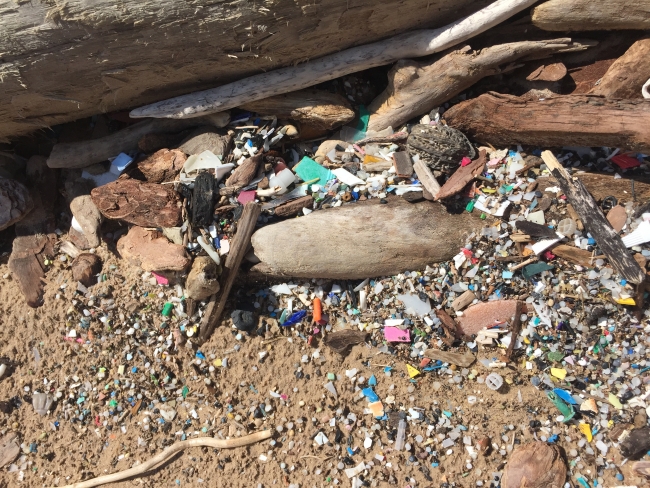
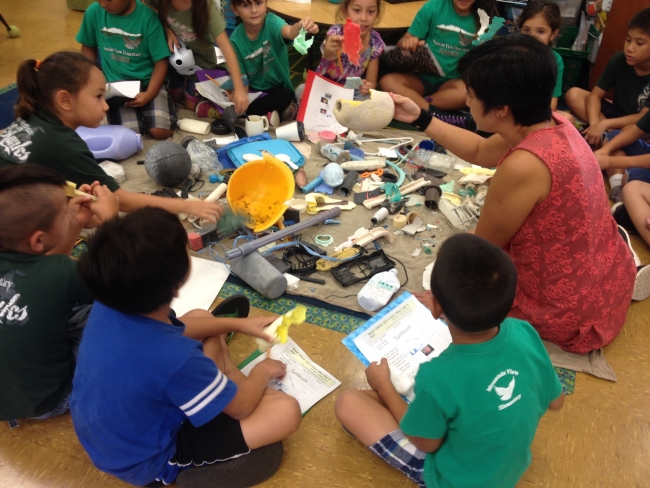
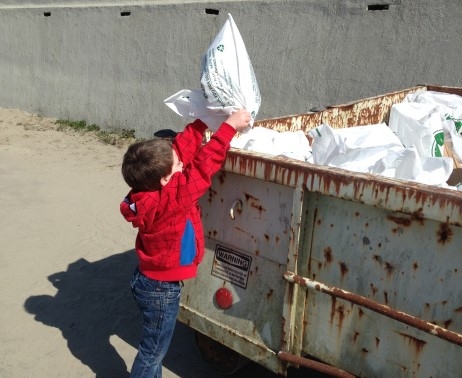
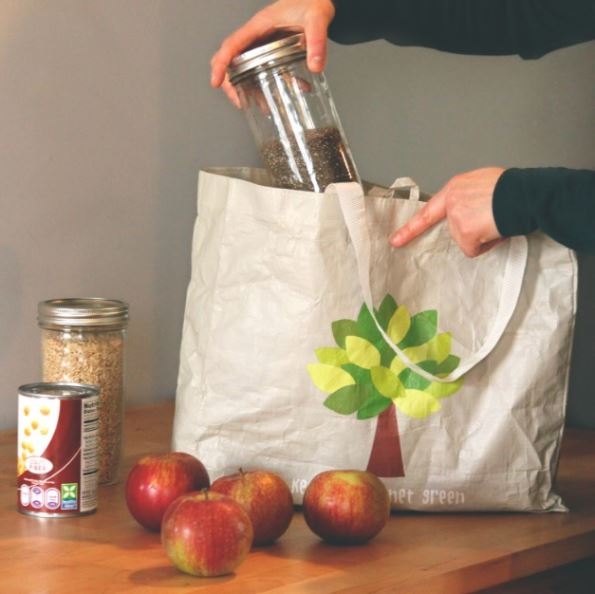
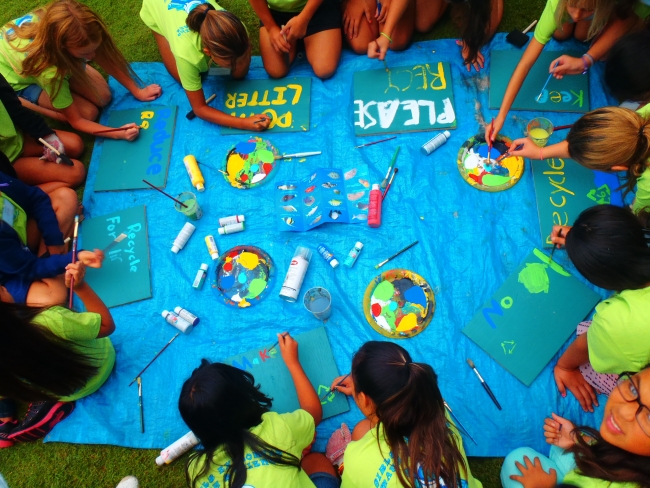
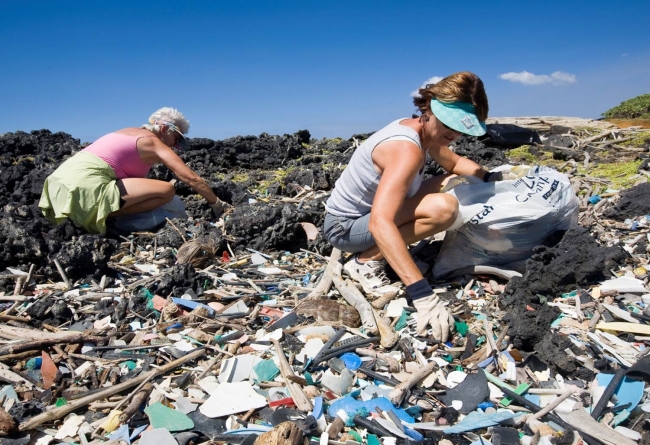
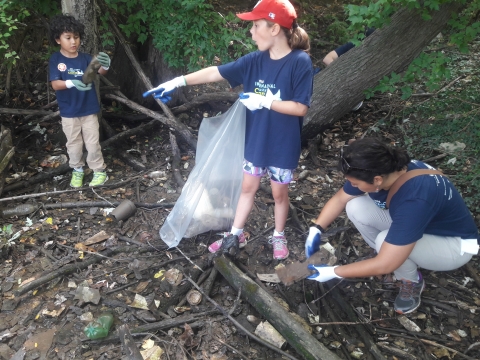
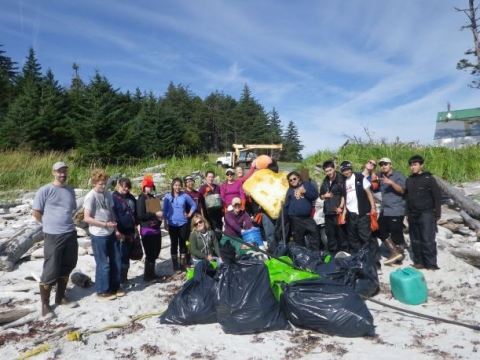
Hi, thank you for the help it was a useful source for my project for school.